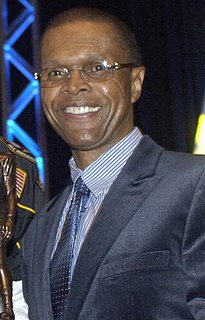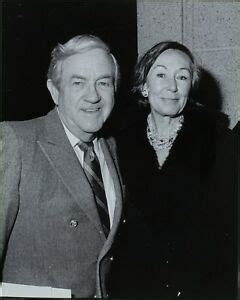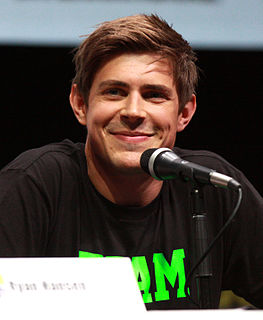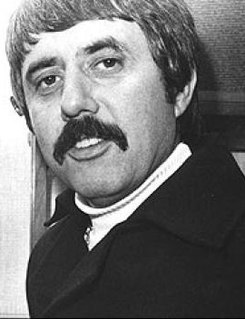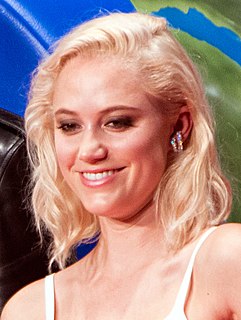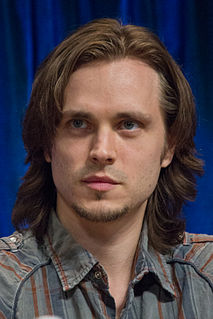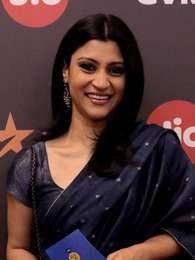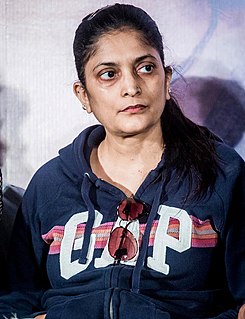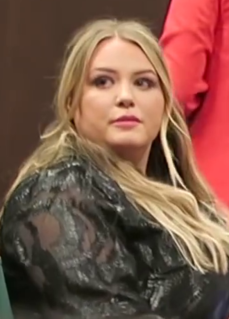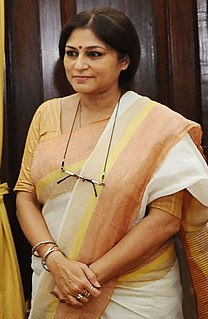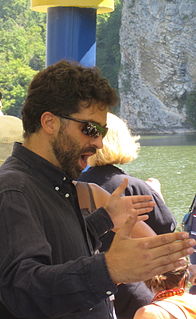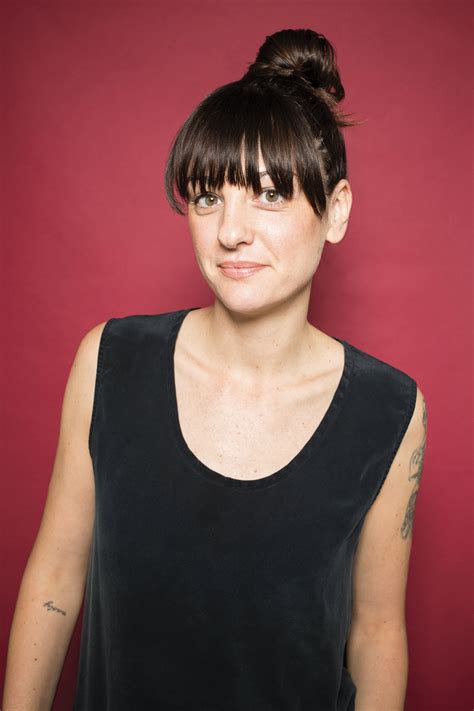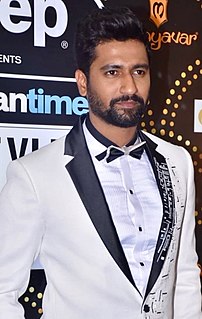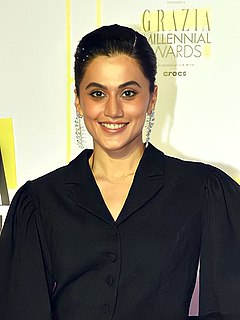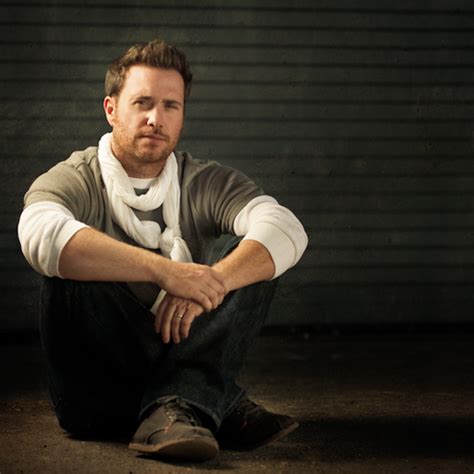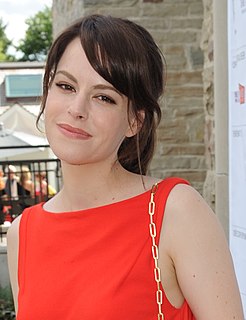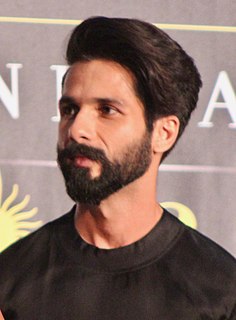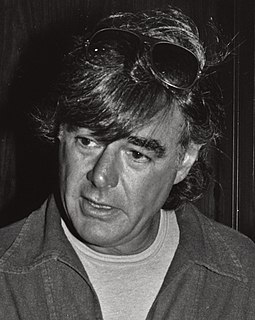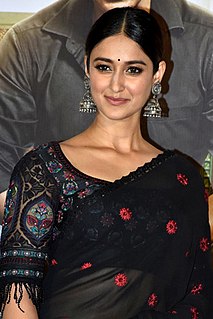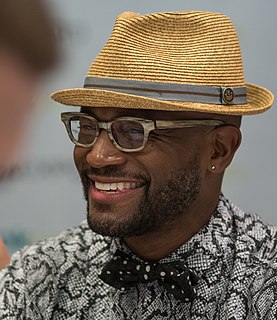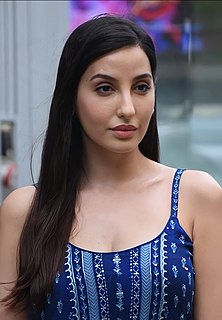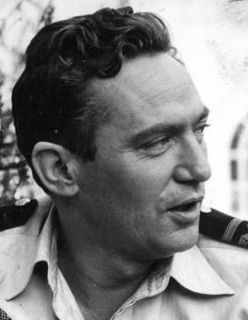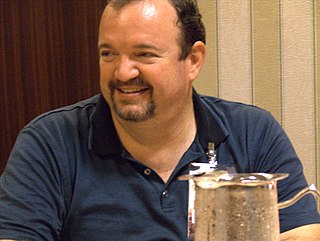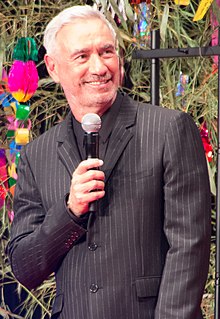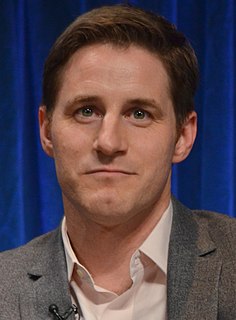Top 1200 Good Film Quotes & Sayings - Page 19
Explore popular Good Film quotes.
Last updated on December 25, 2024.
The first thing I say when people ask what's the difference [between doing TV and film], is that film has an ending and TV doesn't. When I write a film, all I think about is where the thing ends and how to get the audience there. And in television, it can't end. You need the audience to return the next week. It kind of shifts the drive of the story. But I find that more as a writer than as a director.
Film maker Andi Olsen has a wonderful short film called Where the Smiling Ends. She waited at the Trevi Fountain in Rome and filmed the tourists only at the moment after their photos had been snapped, the moment their smiles dissolved. It's genius and heartbreaking. I think about her film when I explore the places the strips malls meet the wild world they are eating up.
On stage you never watch yourself. You just experience it, and then you go home, and you feel pretty good if you gave a pretty good performance or crappy if you didn't. But in TV and film, you actually have to experience it while you're doing it, and then you have to watch it. And then when you're watching it, you watch it with a different sensibility than how you experienced it.
Even if the film doesn't come out quite as you'd hoped, the process can also be very rewarding. I feel that way about a film called 'Lay the Favorite' that I made with Stephen Frears. I did that because the character was a real leap for me. The film doesn't quite all add up internally, but I feel very proud of what I did on it.
If you make a film, that magic is not there, because you were there while shooting it. After writing a film and shooting it and being in the editing room every day, you can never see it clearly. I think other people's perception of your film is more valid than your own, because they have that ability to see it for the first time.
My filmmaking style of remixing came out of necessity. When I was a film theory student at UC Berkeley in the early 1990s, there were no film production facilities. The only way I learned to tell stories on film was by re-cutting and splicing together celluloid of old movies, early animated films, home films, sound slug - anything I could get my hands on.
Some things definitely work better on film than in books. Introspection is great in books but it doesn't work on film. Anything with high intensity, whether it's a love scene, a car chase, a fight scene - those things work so well on film and oftentimes they can tell a much broader part of the story.
It's really good to talk about it [ hydraulic penises and prosthetic butts], and it's very gratifying when people ask us about the other aspects of the film [Swiss Army Man], but [those things] are part of the movie and they're important and hilarious, a very fun part of the movie, so there's no sense from us of not wanting to talk about that. I think it's exciting that those things exist in a film that is also very heartfelt and emotional and profound.
